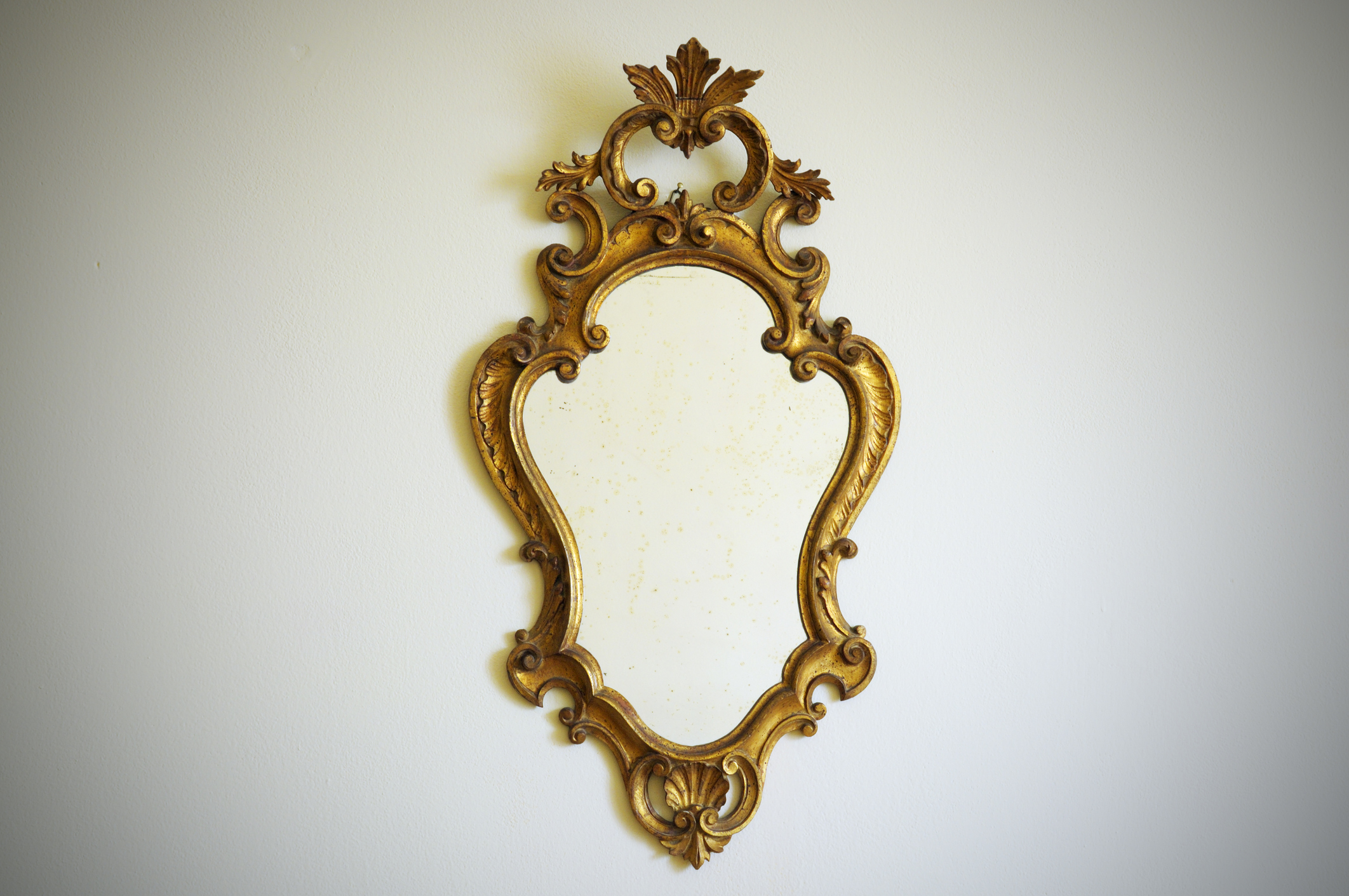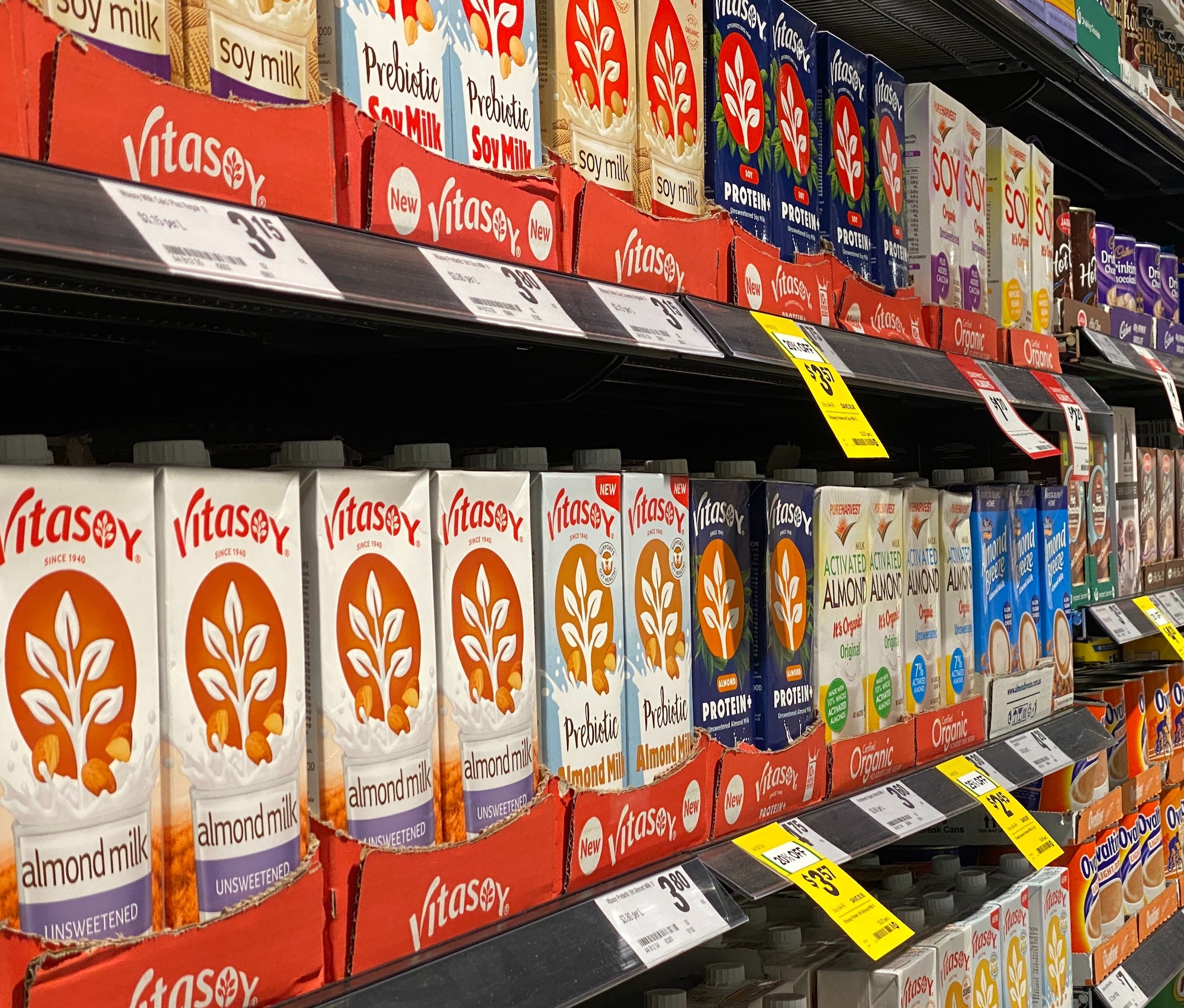Featured in

I OFTEN THINK of acknowledgements as the bathroom to the main theatre of the book. Not because they’re full of shit (though occasionally they are) but because they’re a place to hang out, relax behind the scenes, pick up some tasty nuggets of gossip and maybe meet someone famous. Wanna get the tea on the who, when, why and how? Head down the back, honey. It’s where the real action is. We’ll be waiting for you by the mirrors.
I first developed a taste for acknowledgements as a PhD student drowning in dry academic monographs. Acknowledgements, I soon realised, were where you could find the person (or at least, a person) behind the scholarly mask. They told a story of the book’s creation that offered a reprieve from the defensive posturing of academic argument – a story that frequently did more to make me care about the book’s ideas than any literature review or intellectual rationale.
Call it pleasurable procrastination or critical engagement with paratext; either way, I soon became a connoisseur of academic acknowledgements, using them to construct mental maps of disciplinary networks and to learn how to narrate myself as a scholar.
From there, this acknowledgement fetish expanded to my leisure reading. Novels, memoirs, narrative non-fiction – they all contained these tantalising windows into the person and story behind the book. Whenever I picked up a new tome, I would head straight to the back to find out what the author had to say for themselves. On the rare occasion that I found nothing but blank pages, that was no less revealing. No acknowledgements? Are you, perchance, aspiring to Fitzcarraldo heights of literary sophistication? Or are you just a withholding arsehole? (Or both?)
IT IS TERRIBLY easy to critique acknowledgements, especially the variety that extend over several pages to include mention of a beloved pet, favourite café and – de rigueur – every halfway-famous person the author met along the way. Too much name-dropping; so self-aggrandising; overly earnest and ridden with clichés – so shriek the tastemakers at The Guardian and The New Yorker and The New Republic. This isn’t Literature; it’s nothing more than ‘faux-modest self-promotion’.
To which I say: duh.
Expecting acknowledgements to be anything other than an ego extravaganza misses the point. This genre is not, and never pretended to be, a site of fine prose or new ideas. Acknowledgements are, as Pat Thomson notes, a place to do identity work. More than an opportunity to give thanks, they’re an arena in which to construct and perform an authorial self. To situate the author within larger literary or intellectual networks (did I mention that Sally Rooney read my first draft?), to establish their credentials (fellowships! grants! retreats!), to showcase their fine relationships and commendable character (#grateful for family). They are the literary equivalent of an Instagram page. And that is precisely what makes them so delicious.
To my mind, acknowledgements offer the same pleasures as internet stalking or a social media deep dive. They are catnip for the voyeur, the more details the better. Tell me exactly who your classmates and teachers at Iowa Writers’ Workshop were so I can google you all and puzzle out who slept with whom. Better yet, say more about how your adoptive cat Felix helped your writing journey. Does Felix sit on your lap as your write? How would you describe his daily routine? Does Felix prefer dry food or wet?
The best acknowledgements have more Easter eggs than a Taylor Swift banger. Did you thank this eminent-yet-notoriously-bitchy colleague so they wouldn’t be asked to review the book? Do your stilted references to loved ones suggest marital discord or familial estrangement? Is that one member of your writing group not listed because you made an honest mistake, or because you secretly wish them dead?
Much like Swifties require hard-won expertise to uncover the singer’s secret messages, acknowledgements are layered texts that reward the knowledgeable bibliophile who can read against the grain. This is where I like to think my learning really shines. I didn’t get three degrees at sandstone universities (credentials, anyone?) and spend thousands of hours learning to pick apart sentences so I could uplift the next generation of undergraduates or make an original contribution to knowledge; no, I did it to discern that you quite possibly hate the editor you’re thanking so profusely in paragraph three. Now that, my friend, is an arts education paying dividends.
As a rule of thumb, the length of acknowledgements exists in inverse correlation to the author’s masculinity, seniority and literary pretensions. A pastel-covered novel by an emerging woman writer? I’m betting on two pages of acknowledgements, minimum. The tenth tome by a grizzled elder statesman who was once shortlisted for the Booker? You’d be lucky to get a few sentences. Case in point: Jonathan Franzen’s Crossroads (2021) is entirely sans acknowledgements; Kate Mildenhall’s second novel The Mother Fault (2020) has an acknowledgements section that extends to almost five pages.
Little wonder, then, that cultural gatekeepers love to sneer at acknowledgements: they’re a feminised form, sentimental and formulaic, archives of relationality that are often sweaty with the eagerness of youth and inexperience. Even the most knowing examples of the genre still somehow betray the author’s need: to be seen, to be admired, to belong. They’re the place where we’re all a precocious student at the school prize night, holding up our shiny work, red-faced with pride and love hunger, saying, Look at what I did.
How cringe. How human. How beautiful.
Share article
More from author

The fight for the white stuff
EssayAlthough non-dairy milks are hardly unique to the US, there seemed something distinctly ‘American’ about the consumerist techno-utopianism of engineered nutrition. In its seductive promises and dazzling abundance, in its massification and drive for profit, and its bold-yet-arrogant ambition, the world of plant milks became a metonym for everything I loved and loathed about US culture. Give me a carton of Blue Diamond Almond Breeze and you have given me America.